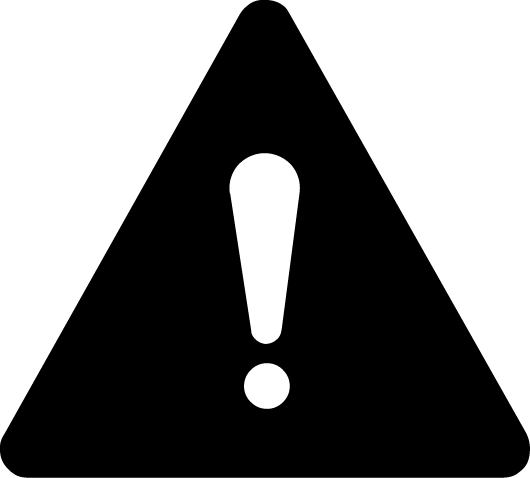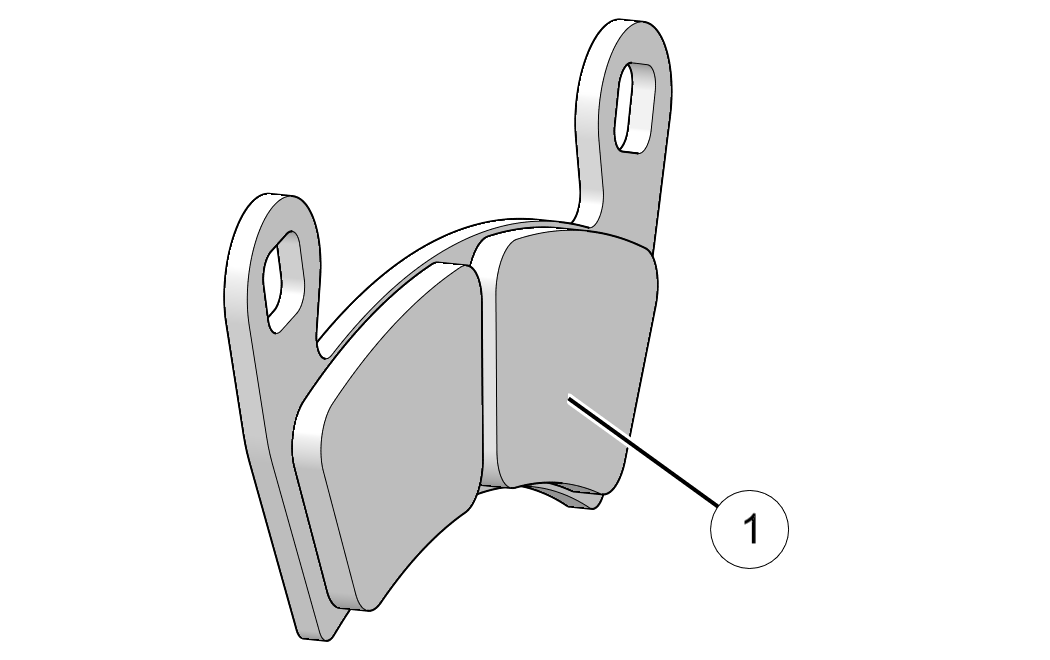 WARNING WARNING |
| Operating the vehicle with a spongy brake pedal can result in loss of braking, which could cause an accident resulting in
severe injury or death. Never operate the vehicle with a spongy-feeling brake pedal. |
The front and rear brakes are hydraulic disc type brakes activated by the brake pedal.
 caution caution |
| Brake discs can become extremely hot after operation. Allow the discs to cool before performing maintenance to prevent risk
of burns. |
Always check brake pedal travel and the brake fluid reservoir level before each use of the vehicle. When applied, the brake
pedal should feel firm. Any sponginess would indicate a possible fluid leak or low brake fluid level, which must be corrected
before riding. See the Brake Fluid section for further details.
If you discover any irregularities in brake system operation, including excessive pedal travel, contact your dealer for proper
diagnosis and repairs.

